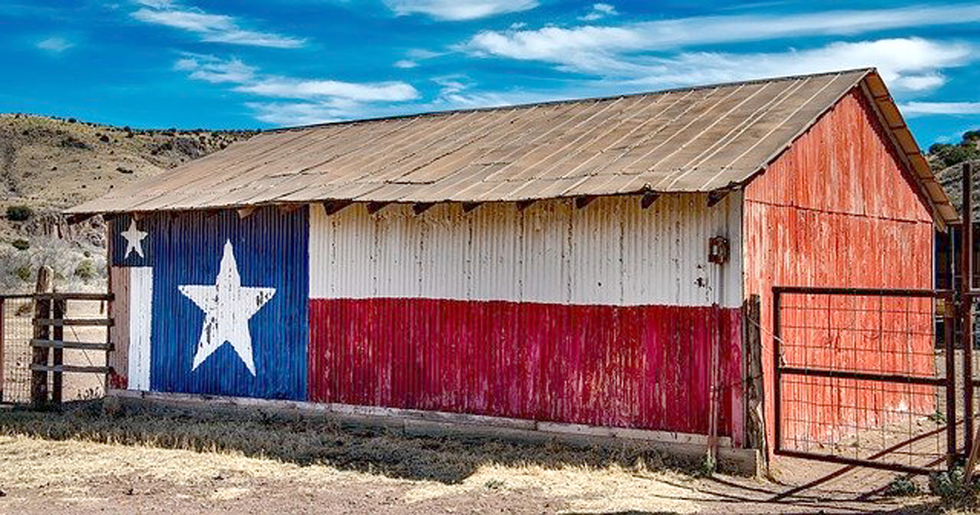- La Feria Community Holds Succesful Business Mixer Event
- Little Nashville to Take Place in Downtown Mercedes
- Lions Basketball Captures District Gold
- La Feria ISD Students Compete in Regional Chess Tournament
- Lions End First Half of 32-4A on a High Note
- La Feria ISD Held Another Successful Parent Conference
- Strong Appearance for Lions at Hidalgo Power Meet
- LFECHS Students Get to Meet Local Actress
- Students Participate in Marine Biology Camp
- Two LFECHS Students Qualify for All-State Band
Despite disappointment, Texas Dems stoked for future election gains
- Updated: December 3, 2020

By ROZ BROWN
Texas News Service
AUSTIN, Texas – In the days leading up to the November 3 election, political pundits saw signs the historically red state of Texas might vote for Joe Biden. That didn’t happen, but Democrats say they’re optimistic about a turnaround in 2024.
Claude Cummings, vice president of Houston’s District 6 of the Communications Workers of America, said voters in most large metropolitan areas voted Democrats into office, but more field work is needed in smaller communities to reach Black and Latino voters.
“As bad we felt about not delivering Texas to the Biden-Harris ticket, because we really thought we close enough to do that, the good news is we still flipped some more counties to blue,” said Cummings.
Cummings said the CWA did more with its labor partners than ever before – spending money on radio, phone banking, door knocking and direct mail. But the pandemic prevented face-to-face conversations with potential voters.
Derrick Osobase is the Texas state campaign coordinator for the CWA in Austin, and said exit polls showed voters related most to the messaging about financial stability and security.
“We feel like our program has been effective,” said Osobase. “Because we really lead with a working-class message around good jobs, about regulation of companies. We were able to lead on issues – how to put people back to work.”
Texas has 254 counties, and Cummings said to capture more of the vote share in 2024, Democrats need to bring their message to smaller counties where political activism may be lacking.
“There’s no Democratic candidates running, there’s no Democratic presence,” said Cummings. “So, we’re going to have a very difficult time winning statewide offices unless the same infrastructure that we helped build into the larger counties are built into the smaller counties.”
Cummings added that despite being smaller than many other unions, and with many of its members out of work and staff laid off, the Communication Workers’ canvassing operation was the largest of any union during the election.


